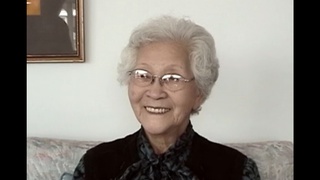Interviews
Change in community after the collapse of Lehman Brothers (Japanese)
(Japanese) Since 1989 when I arrived here, the number of Brazilians has gradually increased and I recall that the Brazilian Nisei emerged around 1993. And there was this big, this community and I think there was a big wall between Brazilians and local people. It wasn’t that they wanted to keep a distance from each other but you know, they didn’t know how to communicate and for each of them, uh, how should I put this, they didn’t have a chance to get close or they didn’t need that kind of thing, so they weren’t even aware of this, but they just didn’t have any chance for interaction.
And after the collapse of Lehman Brothers – and I think it’s mainly due to changes in economy – there has been a need on the Brazilian side to learn Japanese harder because they want to bring in more Japanese customers, and on the other hand, I believe that local Japanese people need to accept foreigners more as well. That kind of movement has already been appearing – now we see things written in Japanese in Brazilian stores and things written in Portuguese in Japanese stores. They even have national flags, and those things are very new to me.
This is a big change from the past. So I think that people are feeling more strongly about the need to communicate with each other, like they must do that.
Date: October 18, 2016
Location: Gunma, Japan
Interviewer: Shigeru Kojima
Contributed by: Watase Media Arts Center, Japanese American National Museum












